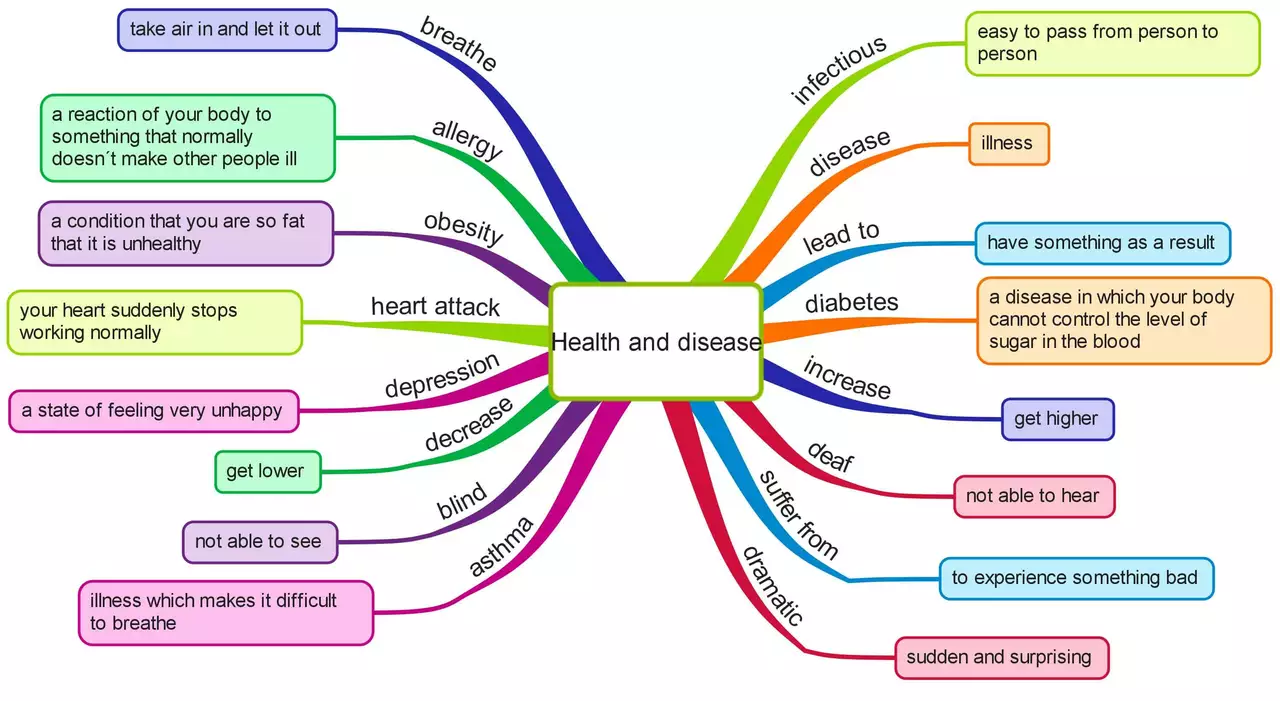Introduction: The Connection Between Tympanites and Stress
As someone who's always been interested in maintaining a healthy lifestyle, I was fascinated when I first learned about the connection between tympanites, also known as abdominal bloating, and stress. It turns out that our mental state has a significant impact on our gut health, and understanding this relationship can help us find ways to feel better both physically and emotionally. In this article, I'll explore the science behind this connection and share some practical tips for improving your gut health.
Understanding Tympanites: What Causes Bloating?
Before diving into the relationship between stress and tympanites, let's first understand what causes bloating. Tympanites occurs when there's an excessive amount of gas in the stomach and intestines, leading to a feeling of fullness and discomfort. There are several factors that can contribute to this condition, including swallowing air, consuming gas-producing foods like beans and carbonated beverages, and certain medical conditions such as irritable bowel syndrome (IBS) or lactose intolerance.
However, one often overlooked factor is the role our mental state plays in the development of tympanites. Stress, anxiety, and other emotional factors can have a significant impact on our gut health and contribute to bloating.
How Stress Affects Your Gut Health
Our gut is often referred to as our "second brain" due to the complex network of neurons and neurotransmitters that communicates with our central nervous system. This communication system, known as the gut-brain axis, is responsible for many aspects of our overall health, including digestion, immune function, and mood regulation.
When we're stressed, our body releases stress hormones like cortisol, which can alter the balance of bacteria in our gut and lead to digestive issues like bloating. Additionally, stress can slow down the digestive process, causing food to sit in the stomach and intestines for longer periods of time, resulting in the build-up of gas and bloating.
Recognizing Stress-Related Tympanites
It's important to recognize when your bloating may be stress-related. While it's true that certain foods or medical conditions can cause tympanites, if you find that your bloating often occurs in conjunction with periods of high stress or anxiety, there's a good chance that your mental state is playing a role in your gut issues.
Some common signs that your bloating might be stress-related include experiencing bloating after a stressful event, noticing that your bloating worsens on days when you're feeling particularly anxious or overwhelmed, or finding that your bloating improves when you take steps to reduce stress.
Reducing Stress for Improved Gut Health
Now that we understand the connection between stress and tympanites, it's essential to find ways to reduce stress for improved gut health. There are many different stress-reduction techniques that you can try, and it's all about finding what works best for you. Some popular methods include:
- Meditation: Practicing mindfulness meditation can help you become more aware of your thoughts and feelings, making it easier to manage stress.
- Exercise: Physical activity can help release endorphins, which are natural mood-boosters, and can also help reduce cortisol levels.
- Deep breathing: Taking slow, deep breaths can help activate the parasympathetic nervous system, which is responsible for relaxation and digestion.
- Connecting with others: Spending time with friends and loved ones can help provide emotional support and reduce feelings of stress and isolation.
It's important to remember that everyone's stress levels and triggers are different, so it may take some experimentation to find the right mix of stress-reduction techniques for you.
Additional Tips for Managing Tympanites
In addition to reducing stress, there are other steps you can take to help manage tympanites and improve your gut health. These include:
- Eating slowly: Taking the time to chew your food thoroughly and enjoy your meals can help reduce the amount of air you swallow, which can contribute to bloating.
- Limiting gas-producing foods: Some foods are more likely to cause gas and bloating, such as beans, lentils, and carbonated beverages. Experiment with your diet to see if eliminating certain foods helps reduce your symptoms.
- Staying hydrated: Drinking plenty of water can help promote healthy digestion and reduce bloating.
- Probiotics: Some research suggests that taking a daily probiotic supplement can help improve gut health and reduce bloating.
Remember, it's always a good idea to consult with a healthcare professional before making any significant changes to your diet or lifestyle, especially if you have an existing medical condition.
Conclusion: Prioritizing Your Mental and Gut Health
As we've seen, there's a strong connection between stress and tympanites, underscoring the importance of caring for both our mental and physical health. By recognizing the signs of stress-related bloating and taking steps to reduce stress and improve gut health, you can enjoy a happier, healthier life. Remember, it's all about finding the right balance and making small, manageable changes that work for you.


 Medications
Medications
Alice Minium
May 7, 2023 AT 03:05Stephen Maweu
May 8, 2023 AT 12:11anil kharat
May 10, 2023 AT 09:26Keith Terrazas
May 12, 2023 AT 05:10Matt Gonzales
May 12, 2023 AT 22:19Richard Poineau
May 13, 2023 AT 07:25